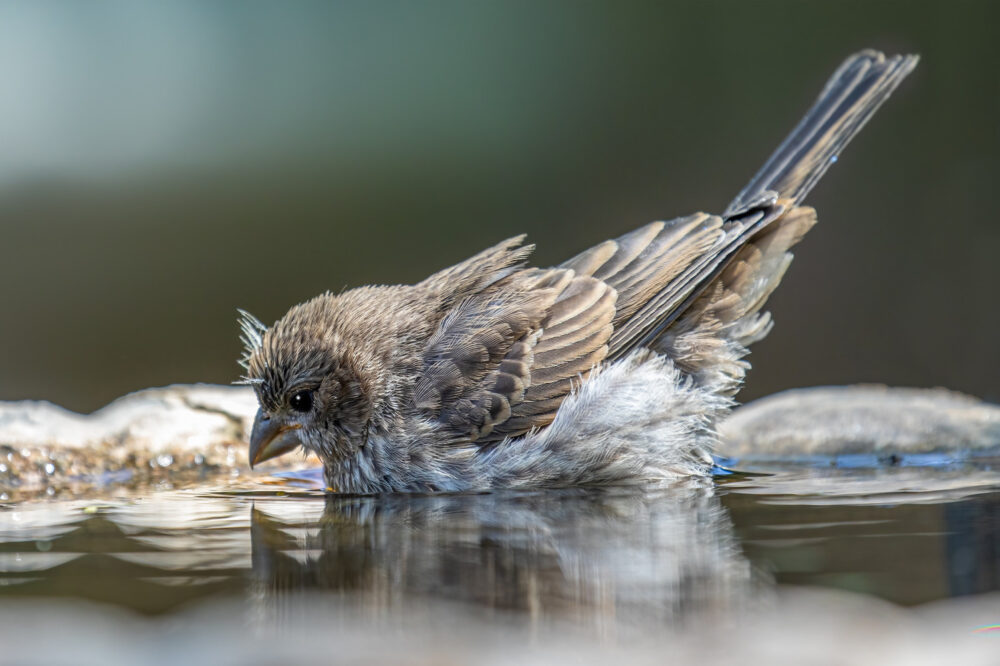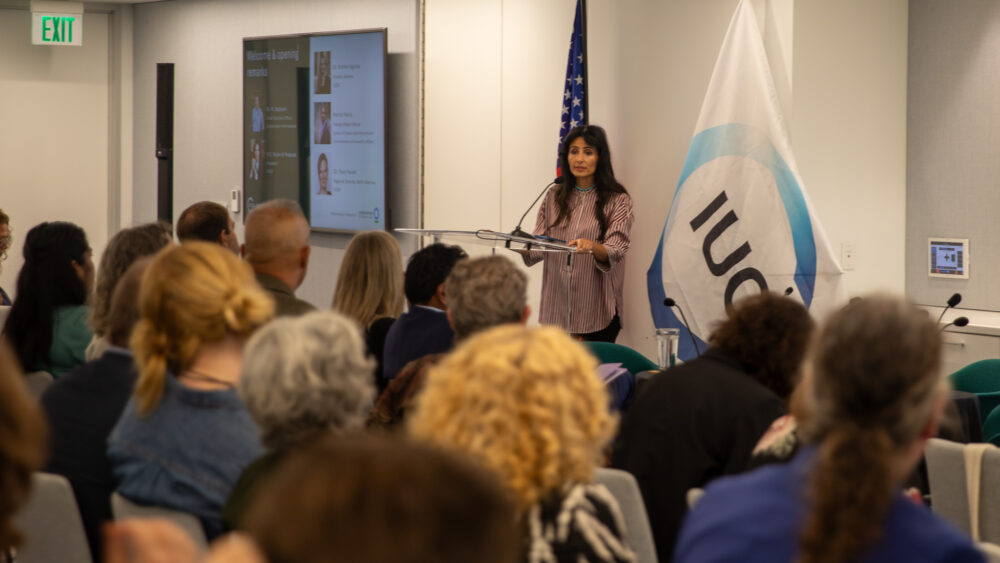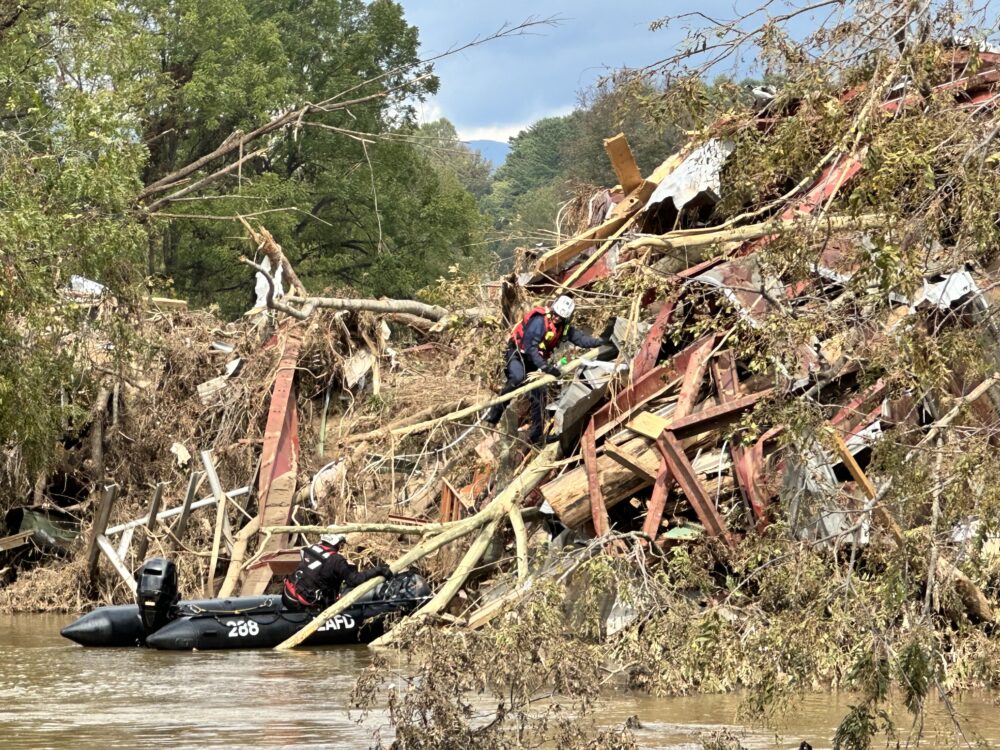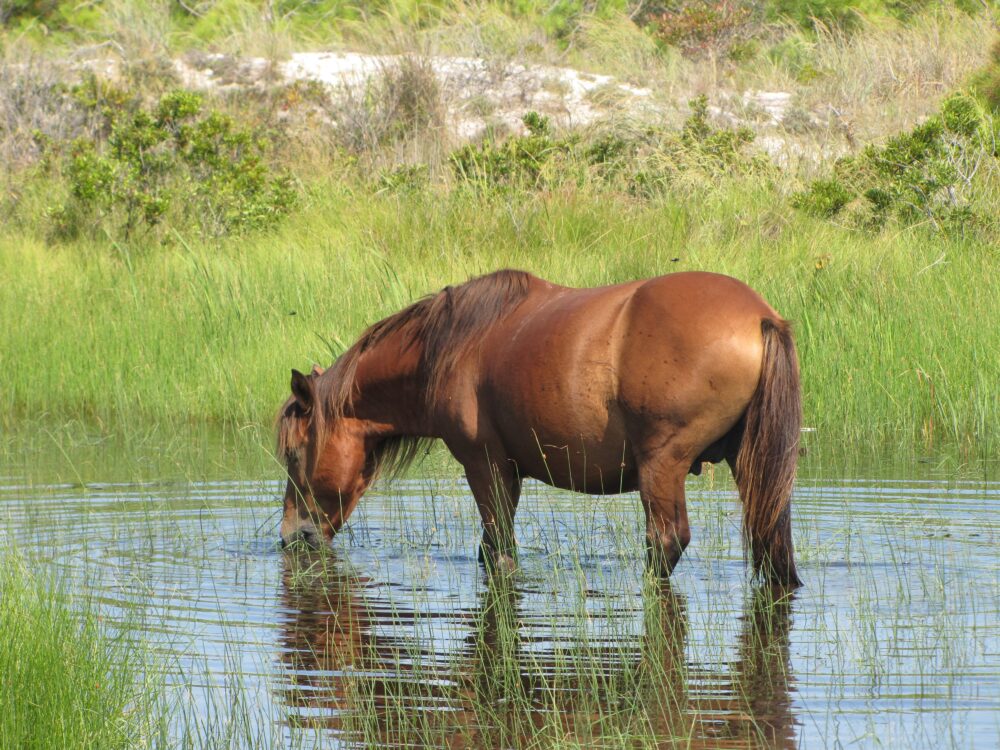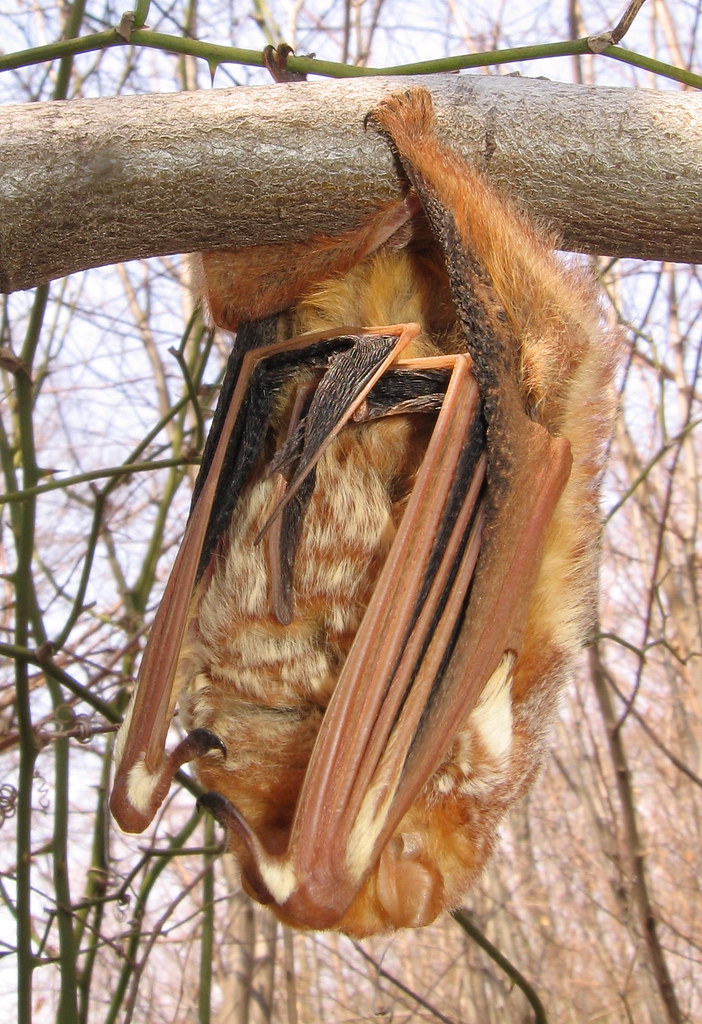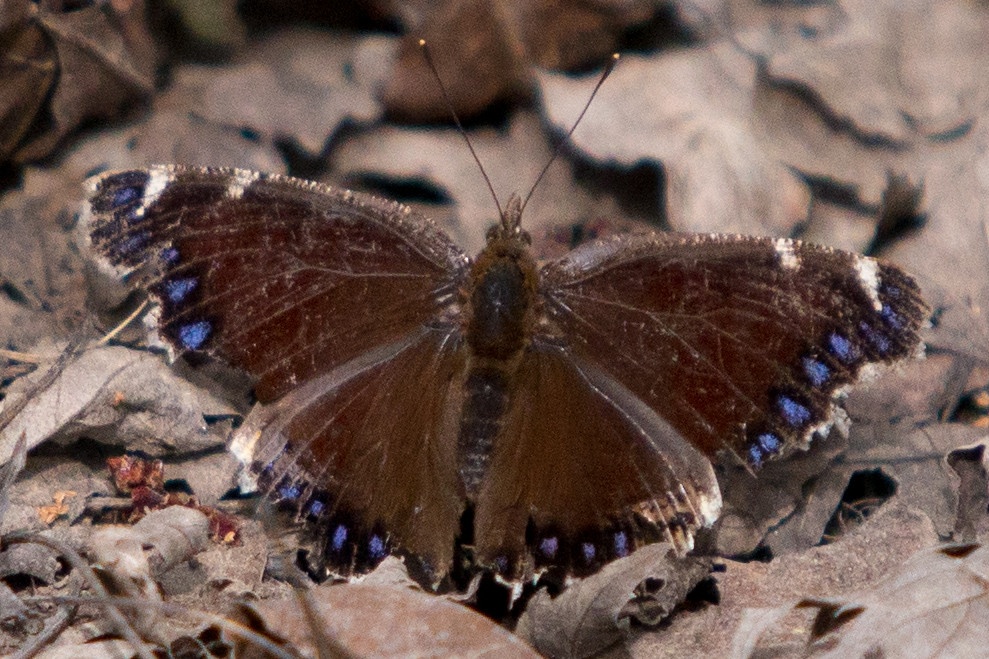We have much more to do and your continued support is needed now more than ever.
Earthquakes Linked to Fracking Cause Alarm in Ohio
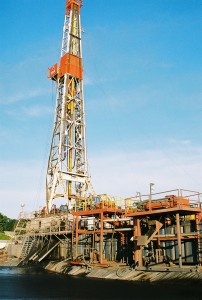
After the latest quake, a magnitude 4.0 on New Year’s Eve, five wastewater injection wells were shut down including an active injection site in Youngstown, Ohio just 100 meters away from the large tremor.
“While we couldn’t say for sure that there’s a direct causation between the injection well and the earthquakes, we thought it better to be overly cautious,” Andy Ware, deputy director of the Ohio Department of Natural Resources, said.
The wastewater pumped into these wells is a by-product of hydraulic fracturing or “fracking”, a process that involves forcing water mixed with sand and other chemicals underground, which breaks up rock and frees the natural gasses trapped underneath.
Fracking companies are adamant that the earthquakes are not directly related to the drilling itself and drilling should not be affected by these new earthquakes. However, the earthquakes strengthen concerns that there is no safe way to dispose of the fracking waste products.
Thankfully no wildlife or people have been reported hurt in the earthquakes that have occurred so far, but this underscores the risk of fracking to our waters and people.
The recent earthquakes in Ohio near hydraulic fracturing sites should serve as a wakeup call to citizens and lawmakers alike that wildlife and humans are affected by fracking through damaged habitats and toxic waste. Stronger protections are needed against harm caused by oil and gas development.
It is our job to be the voice for wildlife as well as ourselves. Something needs to be done to increase the regulation of these dangers caused by fracking, and for that to happen citizens need to speak up, contact their representatives, and stay informed.
Take action. Tell Congress to protect our nation’s water and wildlife from the dangerous impacts of hydraulic fracturing.

